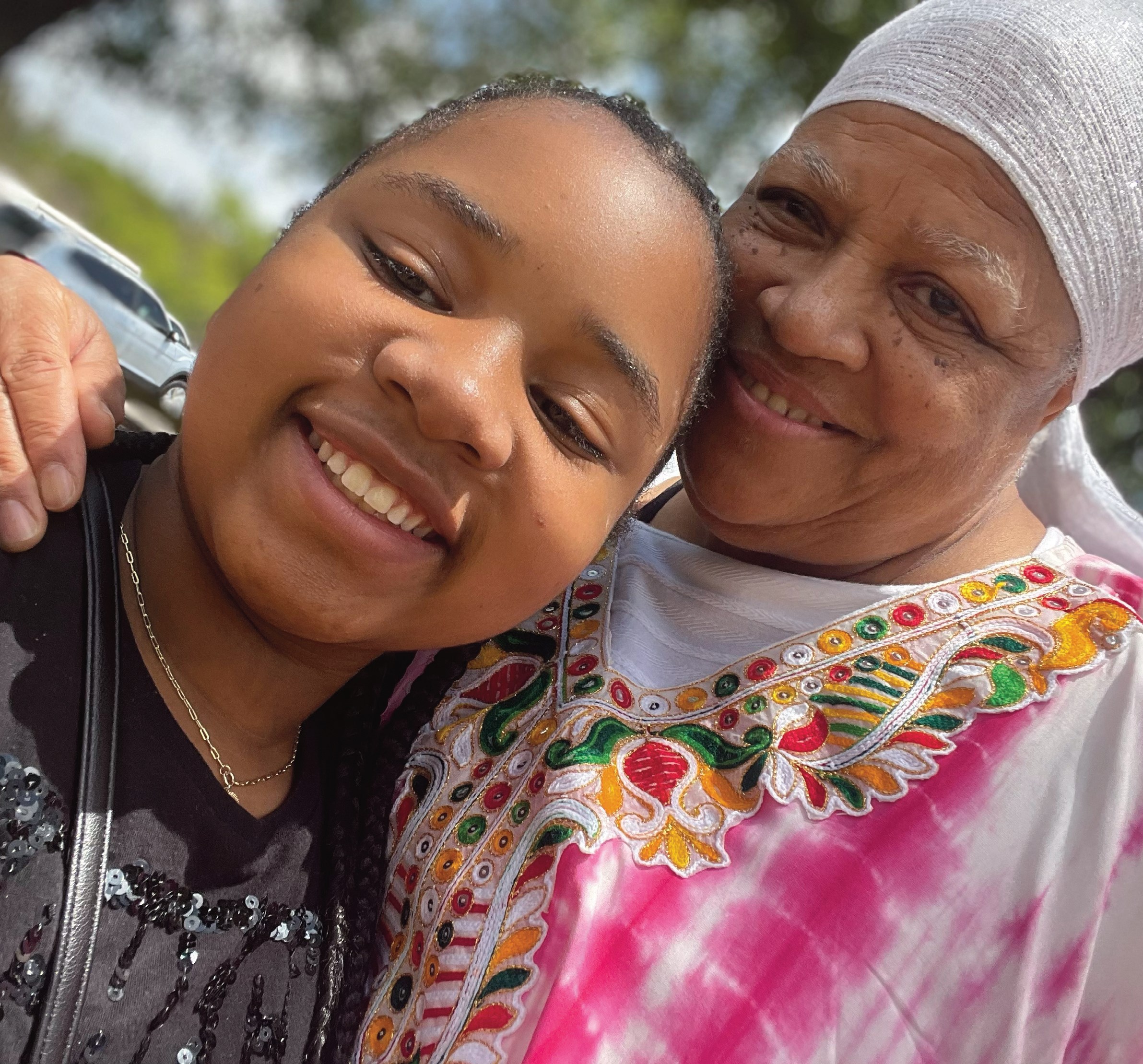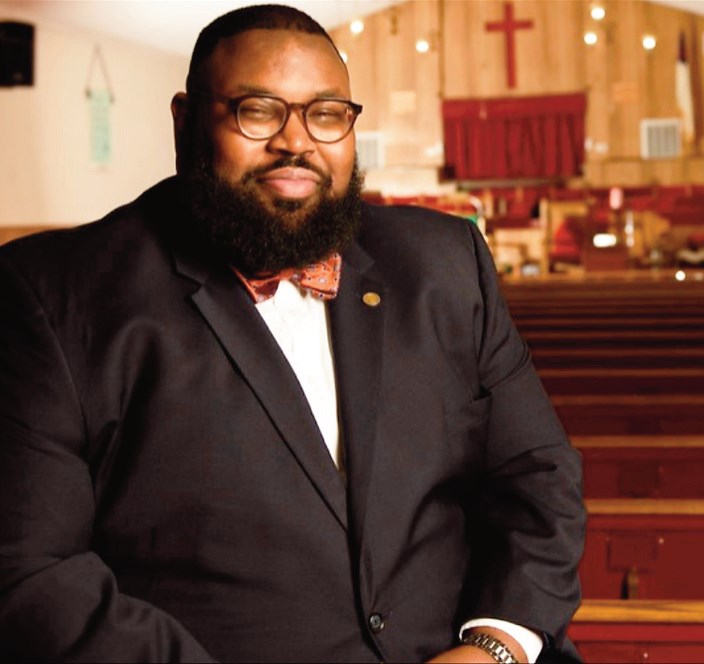“Not forgiving someone is like drinking poison and expecting the other person to die.” ~ Unknown
In the day-to-day grind of living, forgiving someone who has done you wrong can seem like an impossible thing to do. In the spiritual realm, (which actually informs the day-to-day grind of living), it’s an essential aspect of moving forward, of being able to discover why you’re here and making yourself available for expressing your unique purpose fully.
If you find yourself stuck in any aspect of your life, whether the stagnation is occurring in your career, in relationships or in your health, you might be able to move forward by engaging in forgiveness.
Forgiveness is not for the faint of heart. Because it involves the heart, it requires the kind of wisdom and spiritual maturity that comes with the understanding, “when people know better, they do better,” as the late Maya Angelou was known to say.
The misconception about forgiveness is the notion that it makes the wrongdoing acceptable; that by forgiving someone, you’re approving their misdeed; that once you forgive the person, you must now become their BFF. Forgiveness actually has nothing to do with the person being forgiven and everything to do with the forgiver.
In his book, Dare to Forgive, psychiatrist Dr. Ned Hallowell said, “To understand forgiveness, you must first understand what forgiveness is not.” He explains it isn’t about turning your cheek to someone or running away from the problem. It’s not about condoning what the person has done or that you won’t defend yourself.
Forgiving requires feeling; feeling the hurt, feeling the pain, feeling the anger; but with the intention to release it, not remain in it. Some schools of thought regarding forgiveness encourage moving beyond the feelings; however, not only is it unhealthy to gloss over your feelings on the way to forgiveness, it makes it more difficult to truly forgive because the unexpressed feelings continue to lurk beneath the surface.
Give yourself permission to feel the pain and hurt but make a determination that you will not linger in the emotions indefinitely. Seek professional help with a skilled therapist if you find it difficult to move through the emotions.
What’s on the other side of the emotional hurt is the ability to remove excess weight from your shoulders and an opportunity to see the other person from a different perspective; to view them with compassion and an awareness that in order for them to have harmed you, they had to be harmed in some way, too, because ultimately, “hurt people, hurt people.”












No Comment